How To Choose The Right Logo Symbol For Your Brand
A well-chosen symbol can communicate your brand’s essence at a glance, creating an immediate connection with your audience. To select the ideal logo symbol, start by deeply understanding your brand’s identity and the message you want to convey.
A thoughtfully designed symbol should reflect your brand’s personality and be timeless, ensuring it remains effective and impactful as your business evolves. By aligning your logo symbol with these strategic considerations and leveraging a professional logo design service, you set the foundation for a compelling brand presence that resonates and endures.
Designing an effective logo involves more than aesthetics; it’s about creating a symbol that represents your brand and resonates with your audience. By focusing on these key factors, you can develop a logo that not only stands out but also stands the test of time.
Why Do You Need a Logo Symbol?
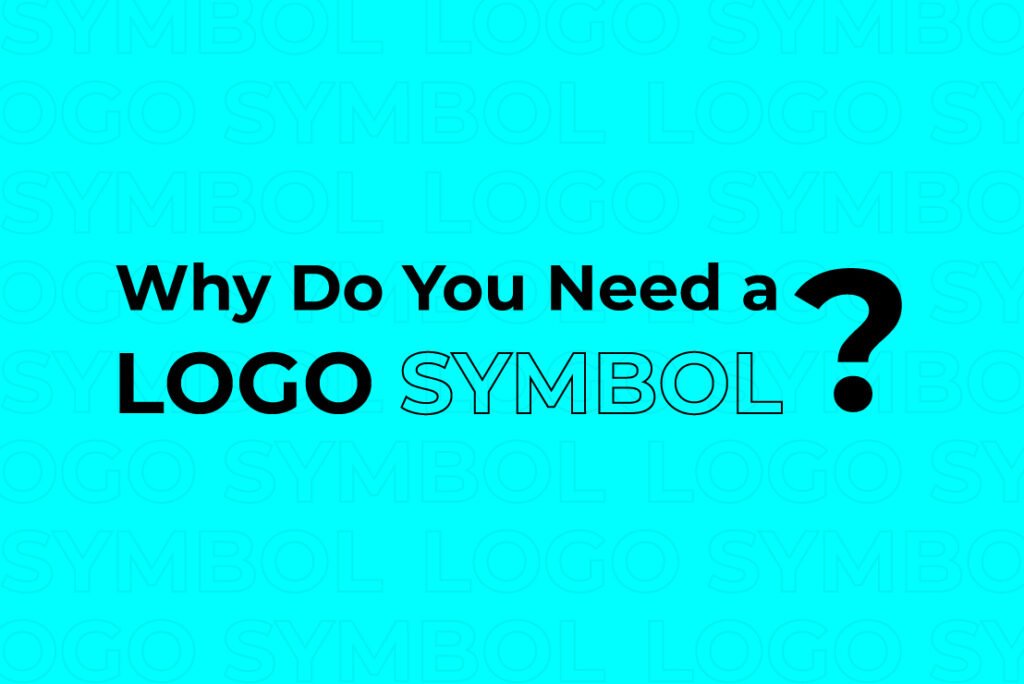 Your logo is your brand’s silent salesperson. It’s the first thing people see, and it can make or break their impression of your business. A powerful branding symbol or logo doesn’t just look good; it works. It’s the visual shorthand that tells your story, builds trust, and makes you unforgettable. Imagine entering a crowded marketplace – your logo will stand out from the noise and draw people in. Your logo symbol is not just an image; it’s the first impression, the story behind your brand, and a key player in your marketing strategy.
Your logo is your brand’s silent salesperson. It’s the first thing people see, and it can make or break their impression of your business. A powerful branding symbol or logo doesn’t just look good; it works. It’s the visual shorthand that tells your story, builds trust, and makes you unforgettable. Imagine entering a crowded marketplace – your logo will stand out from the noise and draw people in. Your logo symbol is not just an image; it’s the first impression, the story behind your brand, and a key player in your marketing strategy.
A compelling logo symbol is indispensable for any business aiming to establish a strong brand presence. Firstly, it ensures instant brand recognition, serving as a visual signature that makes your business unforgettable amidst a sea of competitors. This is crucial for any top digital marketing company or best digital marketing services provider looking to stand out and create a lasting impression.
Additionally, a professionally designed logo conveys a sense of professionalism and credibility, which is essential for building trust with potential clients and partners. It is the cornerstone of your brand’s visual identity, guaranteeing consistency across all marketing channels and aligning seamlessly with your digital brand strategy.
Furthermore, a well-created logo fosters an emotional connection with your audience, resonating with their values and preferences. This emotional engagement is key to differentiating your brand in a crowded market and driving long-term loyalty and recognition.
Types Of Trendy Logo Icons
Stay ahead of the curve by embracing the latest logo design trends provided by Xperts Logo’s professional logo design service. Here are six trendy types of logo icons that can give your brand a modern edge:
 1. Geometric Logos
1. Geometric Logos
Geometric logos leverage shapes and patterns to create a structured and visually appealing design. They convey precision and innovation, making them perfect for tech and design-focused brands. Brett & Schulte’s logo showcases geometric shapes that create a dynamic and professional appearance, reflecting their industry expertise.
2. Vintage Logos
Vintage logos draw inspiration from classic design elements and retro typography. They evoke nostalgia and convey a sense of tradition, making them ideal for brands with a rich history or a classic appeal. Levi’s combines vintage typography with modern sensibilities, celebrating its heritage while appealing to contemporary audiences.
3. Abstract Logos
Abstract logos use unique forms and colors to create a distinctive and memorable brand identity. These designs don’t represent objects directly but instead use visual elements to evoke a sense of creativity and modernity. The Pepsi logo employs abstract shapes and vibrant colors to create a bold and recognizable brand mark.
4. Mascot Logos
Mascot logos feature characters or figures that represent the brand. They add a playful or friendly dimension to your branding, making them ideal for family-friendly and entertainment-focused brands. KFC’s Colonel Sanders is a well-known mascot logo that effectively captures the brand’s personality and charm.
5. Lettermark Logos
Lettermark logos use initials or single letters as the focal point of the design. They simplify complex brand names into recognizable symbols, perfect for companies with lengthy or intricate names. IBM’s lettermark logo is straightforward yet powerful, encapsulating the brand’s essence with elegance and simplicity.
How To Choose The Perfect Logo Icon For Your Brand
Selecting the ideal logo icon is more than a creative exercise—it’s a strategic move that can make or break your brand’s identity. Your logo is the face of your brand, and its design plays a crucial role in how you are perceived and remembered. For a top branding agency in the USA, understanding this importance is key to creating logos that capture attention and build lasting brand recognition and credibility.
 Focus On Communicating Your Brand
Focus On Communicating Your Brand
Imagine your logo as a powerful storyteller—every detail should speak volumes about your brand’s identity. Your logo must encapsulate who you are, what you do, and why you do it in a single, impactful symbol. This visual ambassador should translate your brand’s core values and mission into a design that resonates instantly.
A tech startup might choose sleek, modern elements to signify innovation, while a vintage café could opt for classic typography to evoke nostalgia. If your logo doesn’t align with your brand’s core message, you risk creating a disconnect with your audience, leaving them puzzled or indifferent. A logo that misses the mark can lead to frustration as you struggle to forge a meaningful connection with your audience.
Aim For Instant Recognition
In a world overflowing with brands, making a memorable impression is crucial. Your logo should be instantly recognizable, catching the eye and sticking in the mind. Avoid overly complex designs that need to be clarified or diluted your message.
Simplicity is often the key to strong brand recall—just look at Nike’s swoosh or Apple’s apple. These logos are iconic because they are straightforward yet powerful. A logo that fails to be easily identifiable could become a stumbling block, making it harder for your brand to stand out and build lasting loyalty.
Test For Versatility
Think of your logo as a chameleon—capable of adapting to various contexts while retaining effectiveness. A versatile logo must perform well across diverse platforms and mediums, from digital screens to printed materials. Test your logo’s appearance in different sizes, color variations, and backgrounds.
A design that falters when resized or loses impact in black and white can be a constant source of frustration. Ensure your logo maintains its integrity and visual appeal, avoiding the hassle of frequent adjustments and ensuring a consistent brand presence wherever it appears.
Plan For Longevity
A logo is a long-term investment. While chasing the latest design trends might be tempting, a timeless design is crucial. Classic logos like Coca-Cola’s and Mercedes-Benz’s have remained effective for decades because they blend modern appeal with enduring elements.
A logo that quickly becomes outdated can make your brand seem out of touch, leading to costly and frequent rebranding efforts. Invest in a design that will stand the test of time, saving you from the frustration and expense of constant updates.
Descriptive vs. Non-Descriptive Logos
Choosing between a descriptive or non-descriptive logo is about balancing clarity with creativity. Descriptive logos use visual elements to directly represent your business—think of a coffee cup for a café. This approach can immediately clarify your purpose but might limit your creative expression. Non-descriptive logos, on the other hand, rely on abstract symbols or unique typography to represent your brand’s essence without explicit imagery.
This option offers greater creative freedom and can build a stronger brand identity, though it may require more effort to convey your business’s purpose. Striking the right balance ensures your logo effectively communicates your brand while resonating with your audience.
Circular vs. Angular Logo Shapes
The shape of your logo can significantly influence how your brand is perceived. Circular logos often suggest unity, warmth, and inclusivity—ideal for brands that wish to convey approachability. Angular logos, with their sharp edges and geometric forms, evoke stability, strength, and precision, making them suitable for technology and industrial sectors.
Choosing the right shape involves understanding the psychological impact of these forms and how they align with your brand’s core values. A misaligned shape choice can distort your brand’s message, potentially leading to misunderstandings about your brand’s identity.
The Impact Of Color On The Mind And Body
Color isn’t just an aesthetic choice; it’s a psychological tool that can profoundly affect how your brand is perceived. Each color has its emotional impact—blue often represents trust and professionalism, while red can evoke excitement and urgency. Your color palette should reflect your brand’s personality and the emotional response you want to generate.
Misusing color can lead to confusion or negative perceptions—imagine a financial institution using bright, energetic colors that might suggest instability. Thoughtful color selection ensures that your logo supports your brand’s message and creates a positive connection with your audience.
By considering these factors, you can create a logo icon that captures the essence of your brand and resonates powerfully with your audience, setting the stage for a memorable and enduring brand presence.
Conclusion
Choosing professional logo design services is more than just an aesthetic choice; it’s a strategic asset that can upgrade your brand’s identity and enhance its market presence. By understanding the importance of branding symbols, exploring the latest design trends, and following practical tips, you can create a logo that represents your brand effectively and leaves a lasting impression.
Ready to make a statement with your brand? Hire a logo designer from Xperts Logo today and unlock the full potential of your brand’s visual identity!
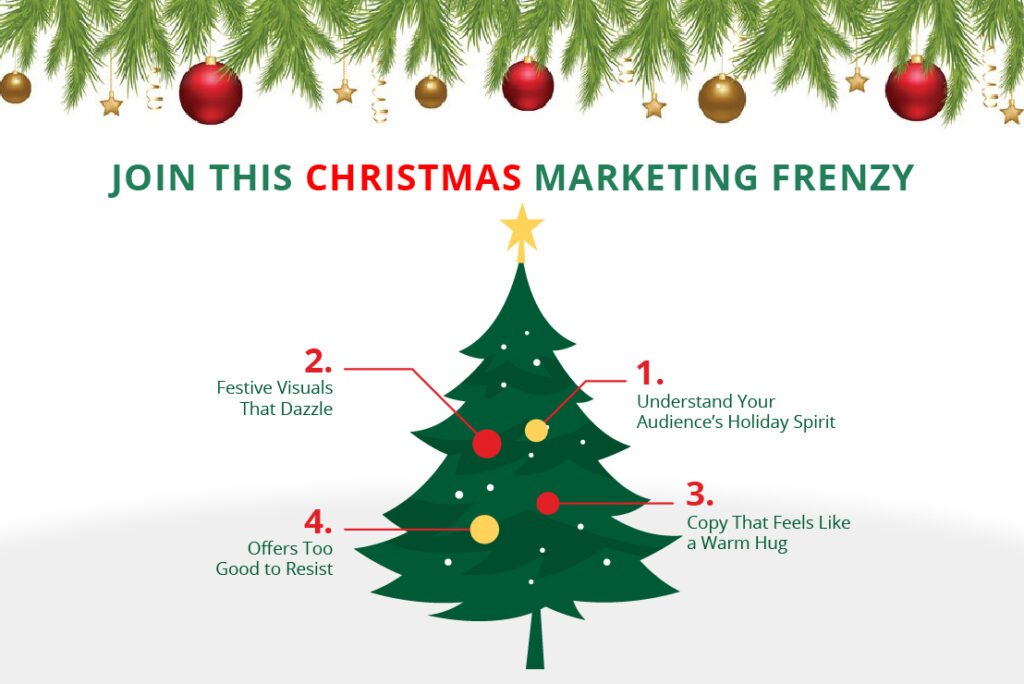
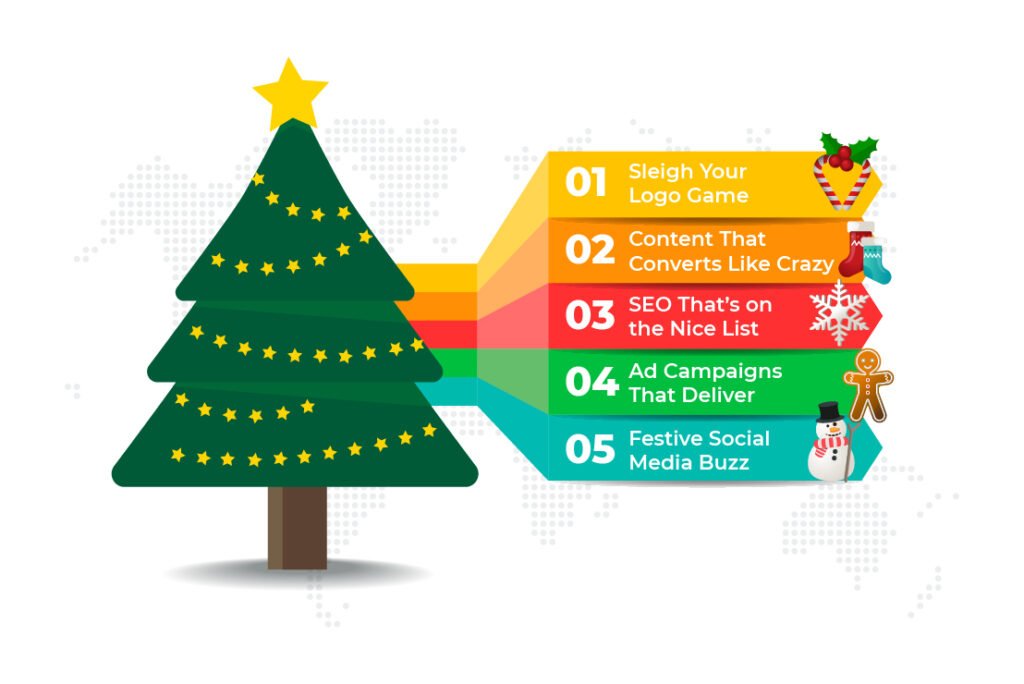




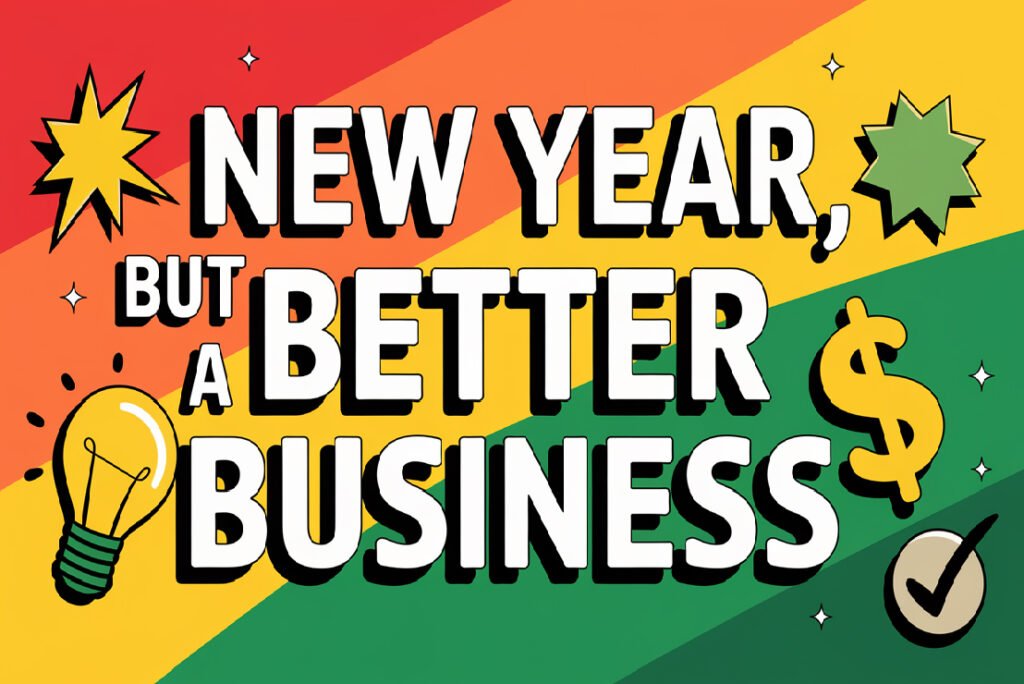
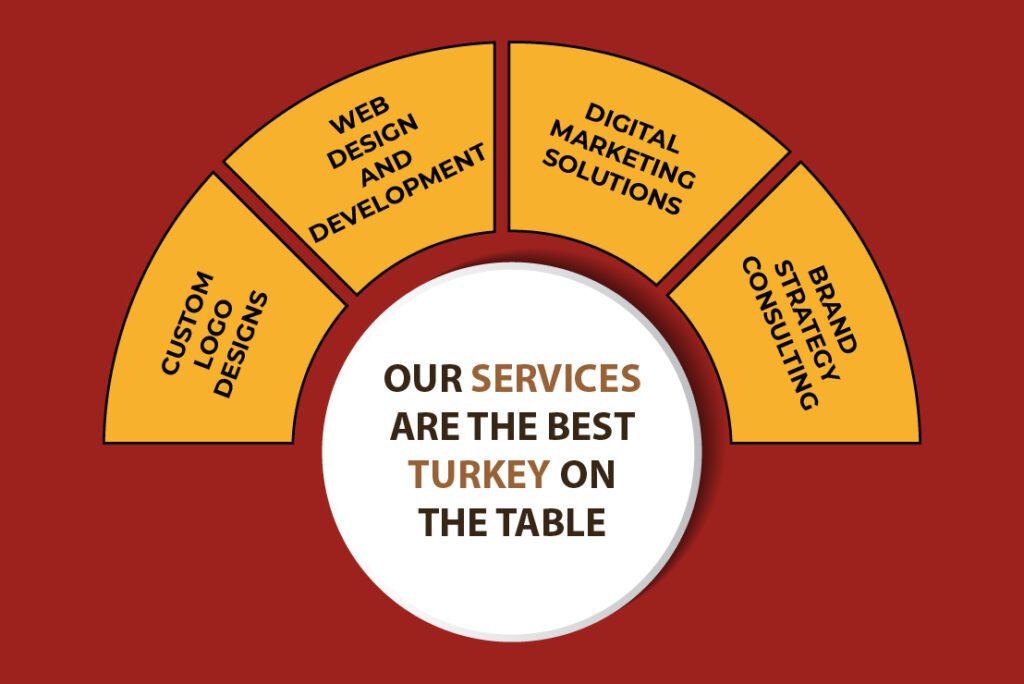











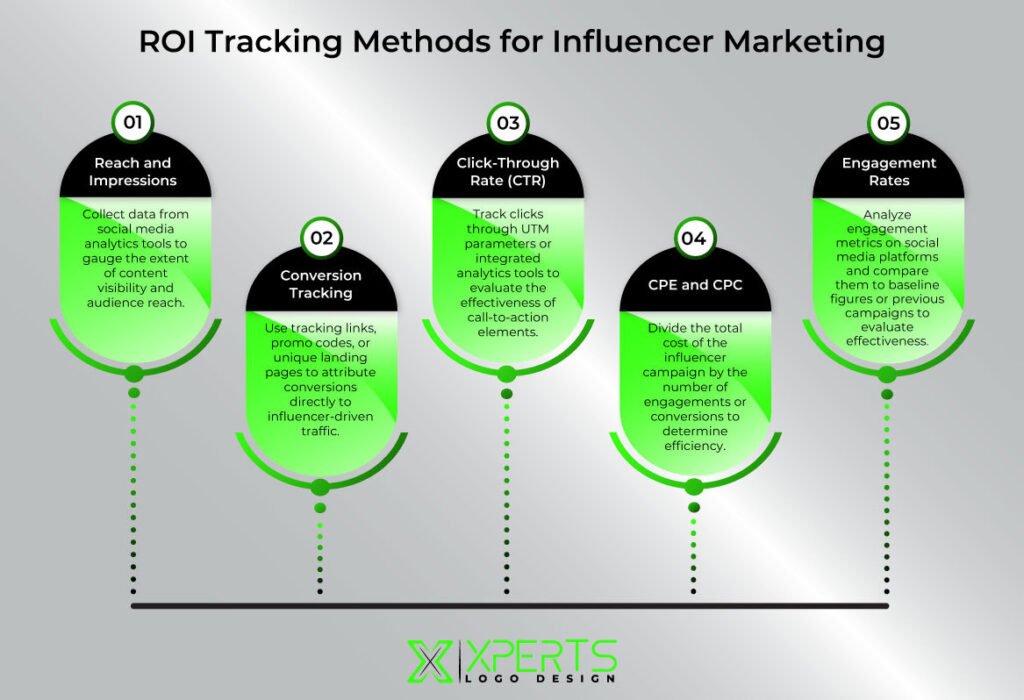
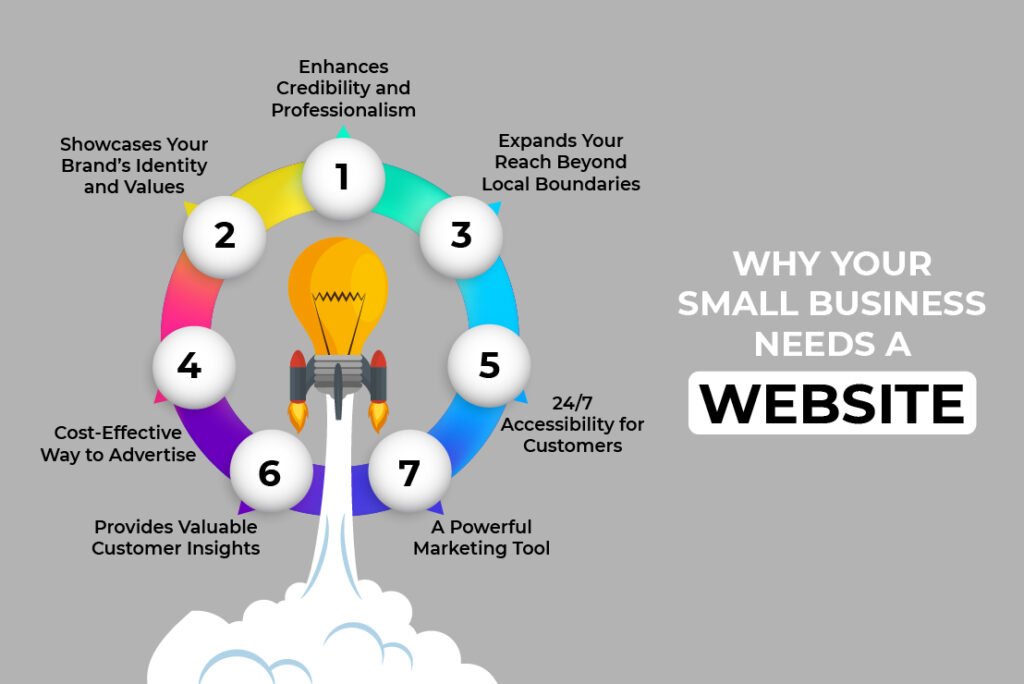
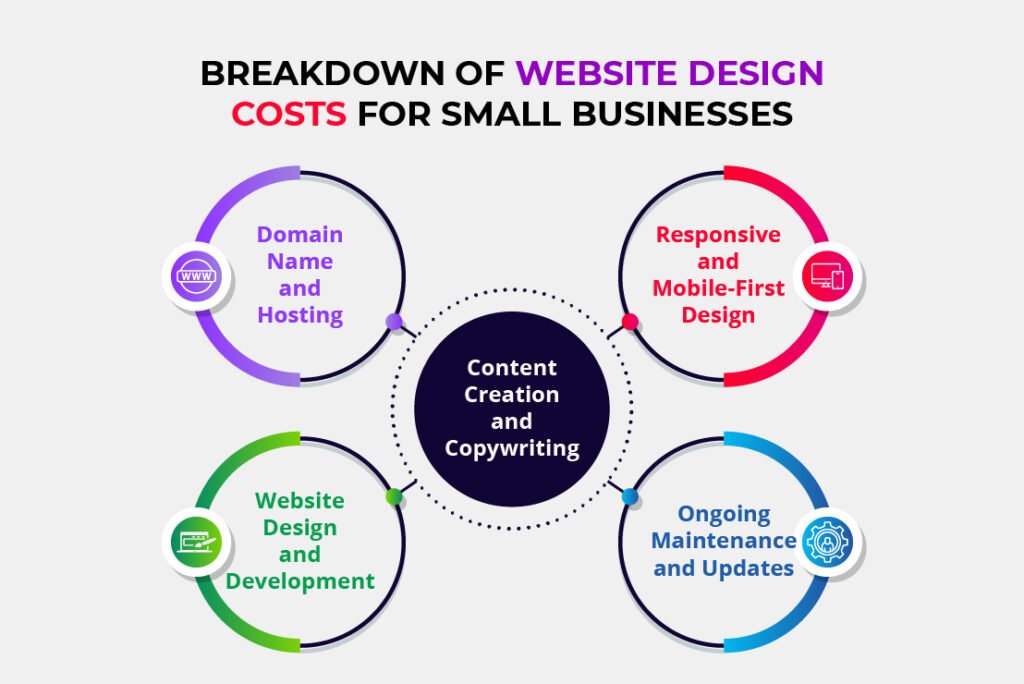
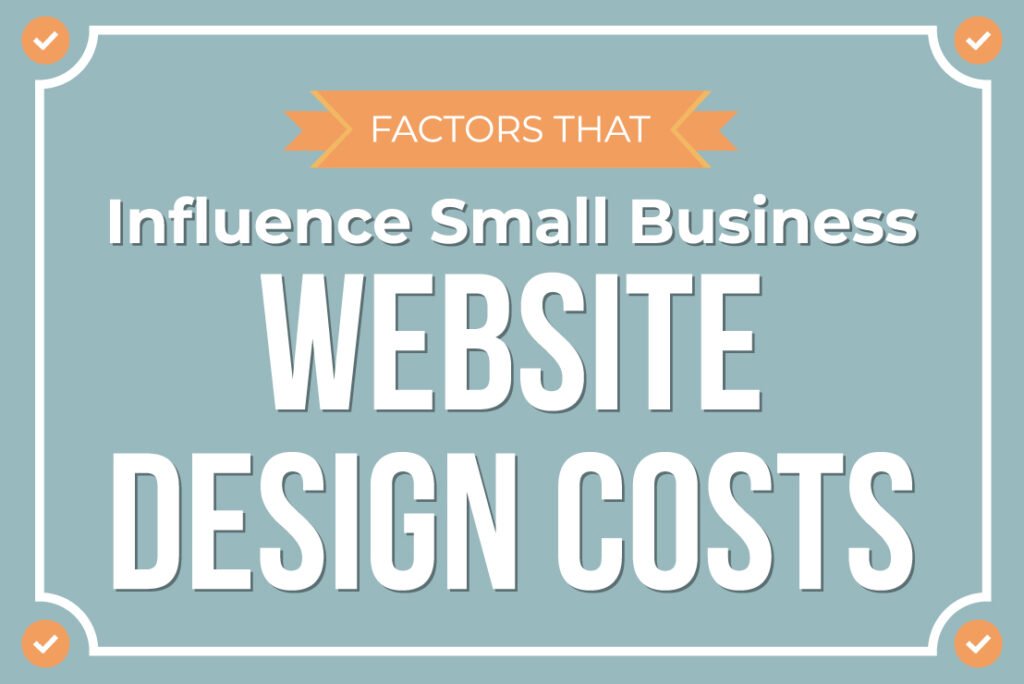
 Your logo is your brand’s silent salesperson. It’s the first thing people see, and it can make or break their impression of your business. A powerful branding symbol or logo doesn’t just look good; it works. It’s the visual shorthand that tells your story, builds trust, and makes you unforgettable. Imagine entering a crowded marketplace – your logo will stand out from the noise and draw people in. Your logo symbol is not just an image; it’s the first impression, the story behind your brand, and a key player in your marketing strategy.
Your logo is your brand’s silent salesperson. It’s the first thing people see, and it can make or break their impression of your business. A powerful branding symbol or logo doesn’t just look good; it works. It’s the visual shorthand that tells your story, builds trust, and makes you unforgettable. Imagine entering a crowded marketplace – your logo will stand out from the noise and draw people in. Your logo symbol is not just an image; it’s the first impression, the story behind your brand, and a key player in your marketing strategy. 1. Geometric Logos
1. Geometric Logos Focus On Communicating Your Brand
Focus On Communicating Your Brand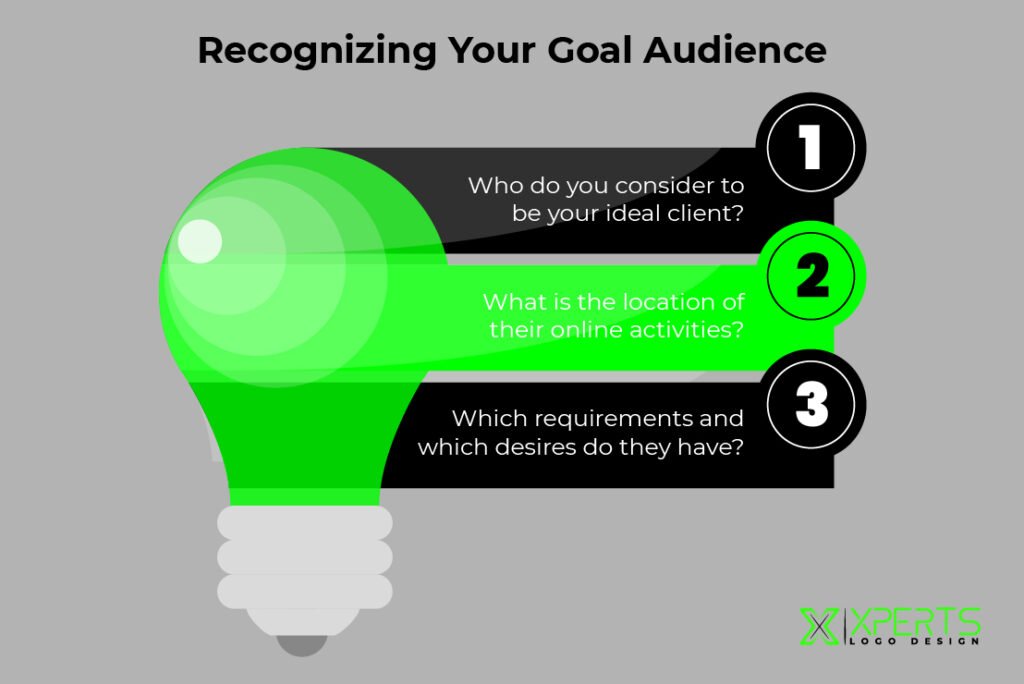
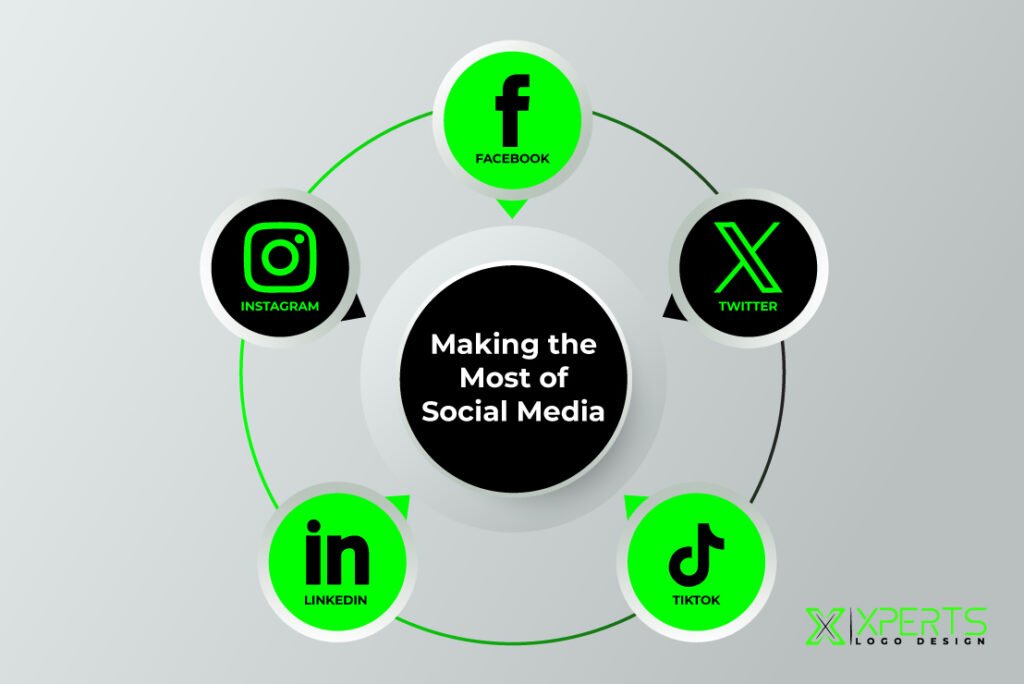
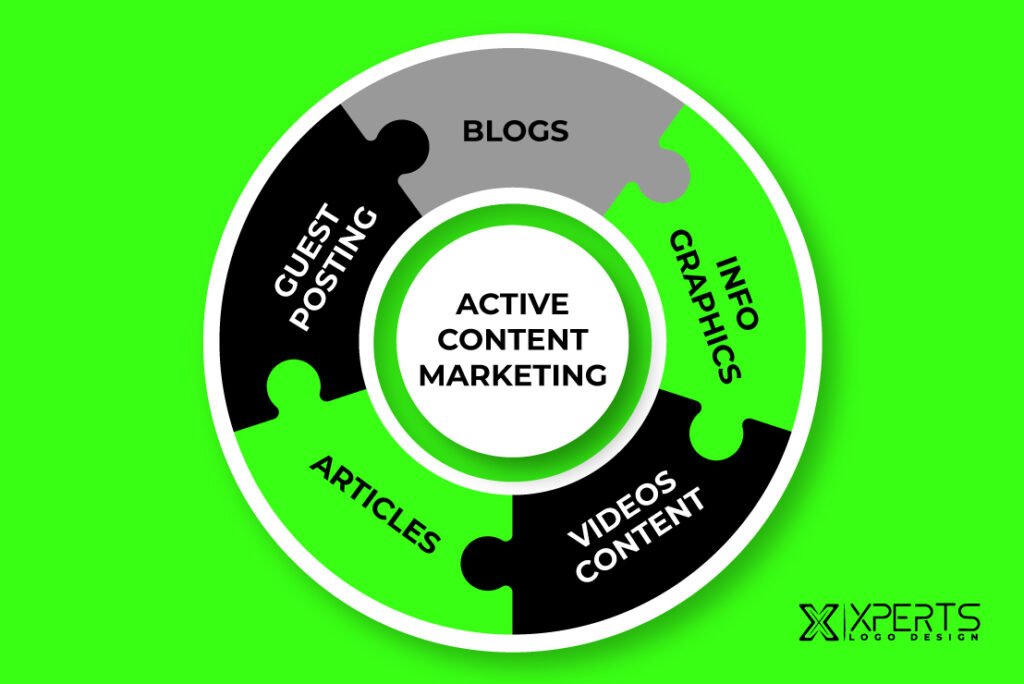
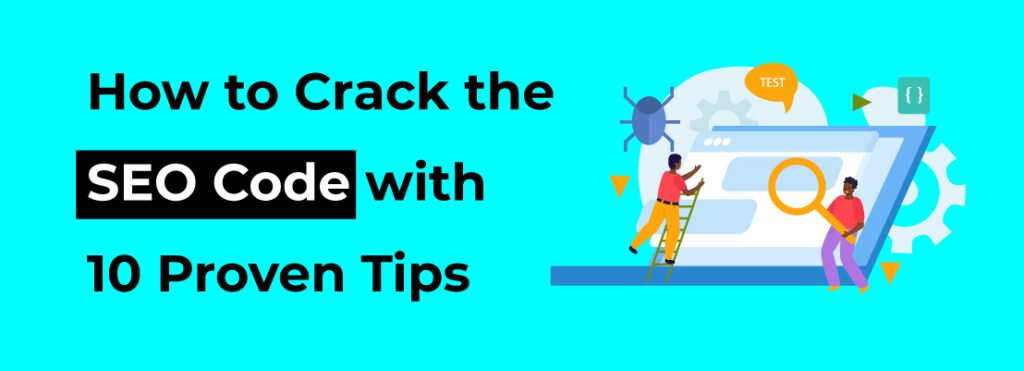

 1. Write for Humans, Not Robots
1. Write for Humans, Not Robots 4. Create Impressive Headlines
4. Create Impressive Headlines
 Conclusion
Conclusion